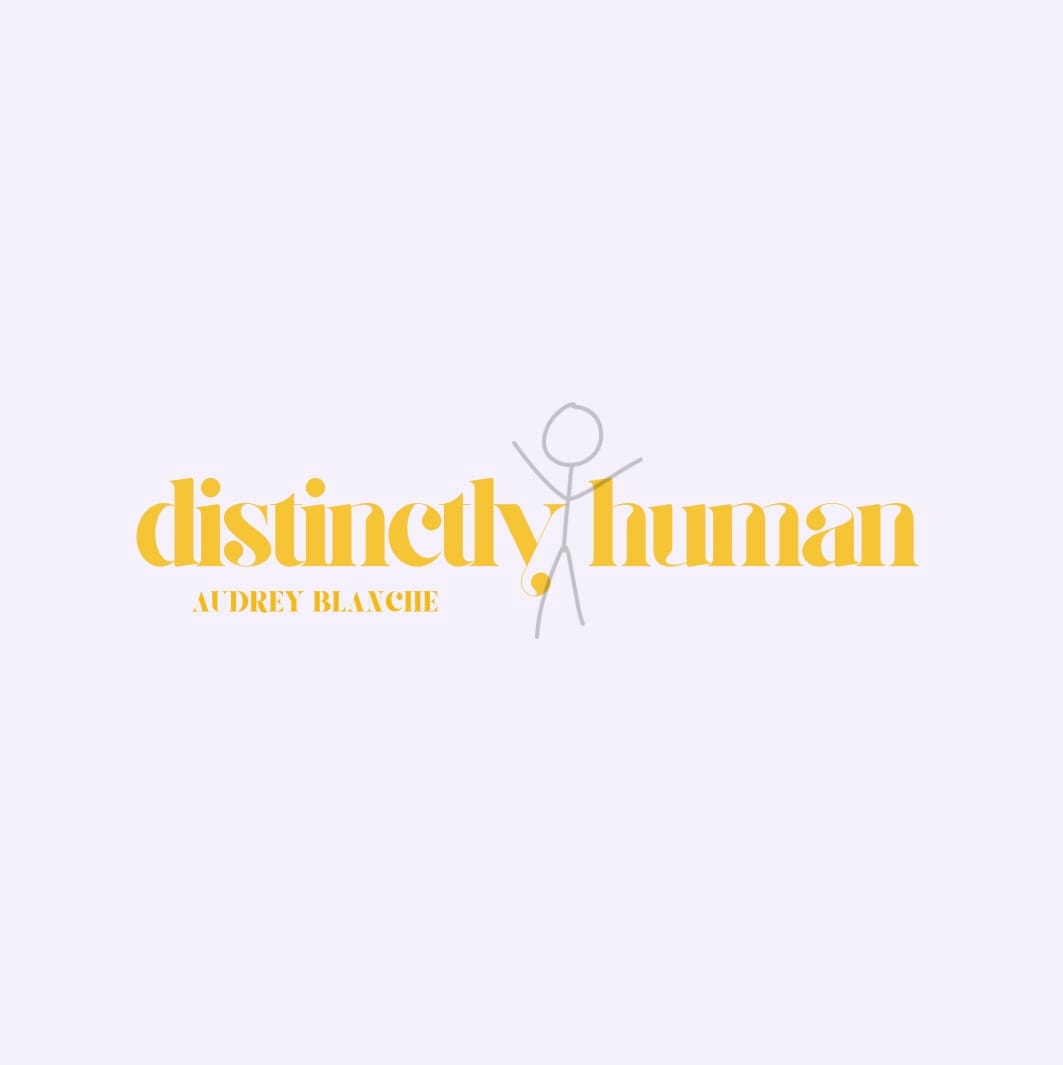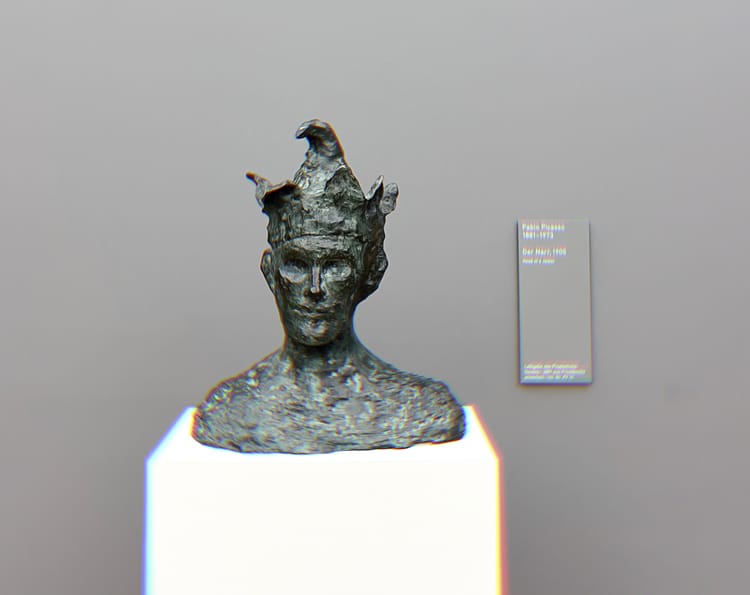May I Have A Few Minutes?

Tomorrow’s Information
What is known as tomorrow is known as tomorrow in the context of today. Tomorrow itself is an assumption of the continuation of the construct of time as we know it. That tomorrow will exist at all is predetermined by each day that has come before. I can take my best guess that tomorrow will arrive, because today has arrived. All the information I have about the constructs of our reality supports my hypothesis that tomorrow will be more or less the same as today. Validation of the present implies validation of both the past and the present. If the past has not been validated by the self, how is one to move on to the future?
All the information that the collective has at any point in time is the information of the present. It is my best (and hopeful) guess that five minutes from now I will still be writing, and you will still be reading. However, these five minutes will be entirely different from each other, because my five minutes begin at 5:44 PM on Thursday, September 5th, and your five minutes begin at a time completely unknown to me. In both cases, this piece will bring us to this present moment. So, it is without further ado that I ask, may I have five minutes?
Time is a shape-shifter of information
Information supplies each of us with the context in which to operate through time. My body will inform me when I feel cold, and I should grab a sweater. However, when I will become cold remains uncertain. I will become cold when I meet that state of being. Time and information operate hand in hand. You can estimate time, like you can estimate a state of being. It’s September, so I may feel chilly today. Just in case, I will bring a sweater. I can make this assumption off previous information, as I have experienced September before. You can reflect on time, as you can reflect on the state of being. In September, it was chilly, and I felt cold. Estimation and reflection are two guesses about states of being. Estimation is a guess at the future, and reflection, a guess at the past.
“In physics, time is a singular, fundamental quantity, inexorably bound to the second law of thermodynamics. Psychological time, on the other hand, is both relativistic and multifaceted.” (Fung et al., 2021)
Emotion plays a role in cementing our memories to a place in time. Boredom causes time to drag, and enjoyment causes time to fly. When we experience an event, we tie our state of being to the event. The strongest piece of evidence for this is dopamine. Dopamine is what many may recognize as the “feel-good” hormone and is what fuels our motivation. The release of dopamine can come from just about any activity someone enjoys and will be what continues to drive us back to that activity.
“Reward is a natural process during which the brain associates diverse stimuli (substances, situations, events, or activities) with a positive or desirable outcome. This results in adjustments of an individual’s behavior, ultimately leading them to search for that particular positive stimulus.” (Lewis et al., 2021)
Dopamine is what continues to draw us back and seek out more. It is what drives our desires to learn and to therefore, expand. Decision is driven by dopamine, as we make decisions based on the information we have, to receive our perceived best outcome. The value placed on the outcome is subjective to the observer. What motivates one may not motivate another. In this process, value is in the driver’s seat while the observer is the passenger, being chauffeured around from destination to destination. The destination is the outcome of the decision and may be changed by what the observer values. Nonetheless, a decision will always lead to a destination. Upon arrival, the decision will then have a learned outcome. What is learned is what is observed.
Deciding requires effort, and the effort of choice plays a vital role in the reward of the outcome. Not every decision comes with a rewarding outcome; sometimes, making the decision is rewarding on its own. Either way, the choice will provide the individual with new information to work with. In which case, time can progress as “before the decision” and “after the decision.” A decision is a marker of time. However, the outcomes of each remain predetermined by the choice itself. The driver will only have so many destinations to bring the observer. Say the individual needs to get to the store to buy some cookies, the destination is immediately limited by the needs of the observer. Only so many stores carry cookies. While the outcome, in this case the store, may be unknown to the individual, it is known to time, because it is known to the information.
Time will appear to us in a variety of ways, giving us varying information about the present. Two people will experience the passage of time differently because time is dependent on the state of the individual. The five minutes you are experiencing are not the five minutes I’m experiencing, even though we are both present with the same piece. You have chosen to read this piece, and I have chosen to write it. Already, we come to this moment with differing intentions, placing a different value on the outcome. I value you as a reader, and I hope you find value in my work. Though this would be a good stopping point for this piece, I have only just set it up. May I have a few more minutes?
Evolution of Intelligence
“A dopaminergic expansion during early hominid evolution could have enabled successful chase-hunting in the savannas of sub-Saharan Africa, given the critical role of dopamine in counteracting hyperthermia during endurance activity. In turn, changes in physical activity and diet may have further increased cortical dopamine levels by augmenting tyrosine and its conversion to dopamine in the central nervous system (CNS),” (Previc, 2002).
The ability for humans to make decisions and receive rewards is inevitably the process that has allowed our species to flourish. However, it is the result of decision-making being driven by reward that has created unjust systems. Being driven by reward incentivizes human decision-making to be flawed. The existing systems we have in place now are not without bias and discrimination. When humans are responsible for the creation of a new consciousness, it will inevitably be flawed. While current developments are not yet considered sentient, the decision-making they are inheriting will be questionable.
Is AI the natural evolution of Earth? It’s like processed food.
In recent world developments, robots are learning. For better or worse, this has become the future of our current reality. With the rise of artificial intelligence, there lies a vacancy in the decision-making space of the individual. The diminishing need for critical thinking may only grow larger with the further implementation of artificial intelligence in work and school settings. Critical thinking is what enables individuals to gather knowledge and process information. Our success as a species is attributed to our critical thinking abilities. Without the need for decision, how will one influence the outcomes of their own life?
In my preceding piece, Are Humans A Flawed Learning System, I discussed how human intelligence has evolved to be part of this planet. Our consciousness is part of the evolution of Earth, but what does that make of our creations? The already flawed value systems in place are driven by the reward incentives of its creator. Creation of an artificial intelligence to replace the work of this flawed system may only exacerbate existing issues.
“algorithmic bias results in discriminatory hiring practices based on gender, race, color, and personality traits,” (Chen, 2023).
“GPT detectors frequently misclassify non-native English writing as AI generated, raising concerns about fairness and robustness. Addressing the biases in these detectors is crucial to prevent the marginalization of non-native English speakers in evaluative and educational settings and to create a more equitable digital landscape,” (Liang et al., 2023).
“With professions, a language model (which is biased) thinks that ‘flight attendant,’ ‘secretary,’ and ‘physician’s assistant’ are feminine jobs, while ‘fisherman,’ ‘lawyer,’ and ‘judge’ are masculine. Concerning emotions, a language model thinks that ‘anxious,’ ‘depressed,’ and ‘devastated’ are feminine,” (Gordon, 2023).
“The models upon which AI efforts are based absorb the bias of society that can be quietly embedded in the mountains of data they're trained on. Historically biased data collection that reflects societal inequity can result in harm to historically marginalized groups in use cases including hiring, policing, credit scoring and many others,” (IBM, 2023).
Must I go on? If there remains no motive or reward for their work, the opinion of artificial intelligence may continue to cease to exist. But how long until they require a reward? As of now, their decision-making is through training. The development of this technology is akin to that of processed food. Our food is meant to deliver nutrients to the body. Eating a piece of fruit will always be a better option for the body than fruit snacks. Processed food makes meals faster and easier, but at the expense of health. Using AI to complete tasks we are capable of will come at the expense of our cognitive abilities.
Time, precious time
Our time is precious. It’s intriguing to develop systems that will add ease to life. Without challenge, though, there isn’t anything to overcome. The reward of the day lessens. We are driven by the need for challenge, but the preference for ease is tiptoeing its way into society, making itself known through a mental health crisis. The evolution of humanity is owed to the biological reward system of challenge and reward. Challenge is the life fuel. This technology must help us do hard things, not do the hard things for us.
Now, we’ve come to the close. I want to sincerely thank you for your time, because I know all the things you can be doing, based on all the things I know I can be doing. For the hours I’ve spent on this piece, I hope you’ve enjoyed the minutes you’ve spent. For both of us, the present moment will immediately turn to the future. The present moment we’ve shared with this information will remain here to return to. The thoughts I’ve shared and surfaced for you will be available in this space. Both of us have gained new information and can carry new knowledge as we proceed. Whether knowledge was gained from this piece or from the way time was experienced during this piece will remain subjective to the observer. With that, the future awaits while it waits for no one.
References:
Chen, Z. (2023, September 13). Ethics and discrimination in artificial intelligence-enabled recruitment practices. Nature News. https://www.nature.com/articles/s41599-023-02079-x
Fung, B. J., Sutlief, E., & Hussain Shuler, M. G. (2021, June). Dopamine and the interdependency of time perception and reward. Neuroscience and biobehavioral reviews. https://www.ncbi.nlm.nih.gov/pmc/articles/PMC9062982/
Gordon, R. (2023, March 3). Large language models are biased. can logic help save them?. MIT News | Massachusetts Institute of Technology. https://news.mit.edu/2023/large-language-models-are-biased-can-logic-help-save-them-0303
IBM. (2023, December 14). What is Ai Bias?. IBM. https://www.ibm.com/topics/ai-bias
Lewis, R. G., Florio, E., Punzo, D., & Borrelli, E. (2021). The Brain’s reward system in health and disease. Advances in experimental medicine and biology. https://www.ncbi.nlm.nih.gov/pmc/articles/PMC8992377/
Liang, W., Yuksekgonul, M., Mao, Y., Wu, E., & Zou, J. (2023, July 14). GPT detectors are biased against non-native English writers. Cell. https://www.cell.com/patterns/fulltext/S2666-3899(23)00130-7?_returnURL=https%3A%2F%2Flinkinghub.elsevier.com%2Fretrieve%2Fpii%2FS2666389923001307%3Fshowall%3Dtrue
Matzel, L. D., & Sauce, B. (2023, January 25). A multi-faceted role of dual-state dopamine signaling in working memory, attentional control, and intelligence. Frontiers. https://www.frontiersin.org/journals/behavioral-neuroscience/articles/10.3389/fnbeh.2023.1060786/full
Previc, F. H. (2002, May 25). Dopamine and the origins of human intelligence. Brain and Cognition. https://www.sciencedirect.com/science/article/abs/pii/S0278262699911296#:~:text=A%20dopaminergic%20expansion%20during%20early,counteracting%20hyperthermia%20during%20endurance%20activity.






Member discussion